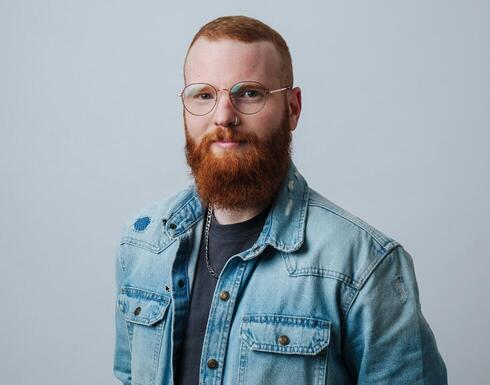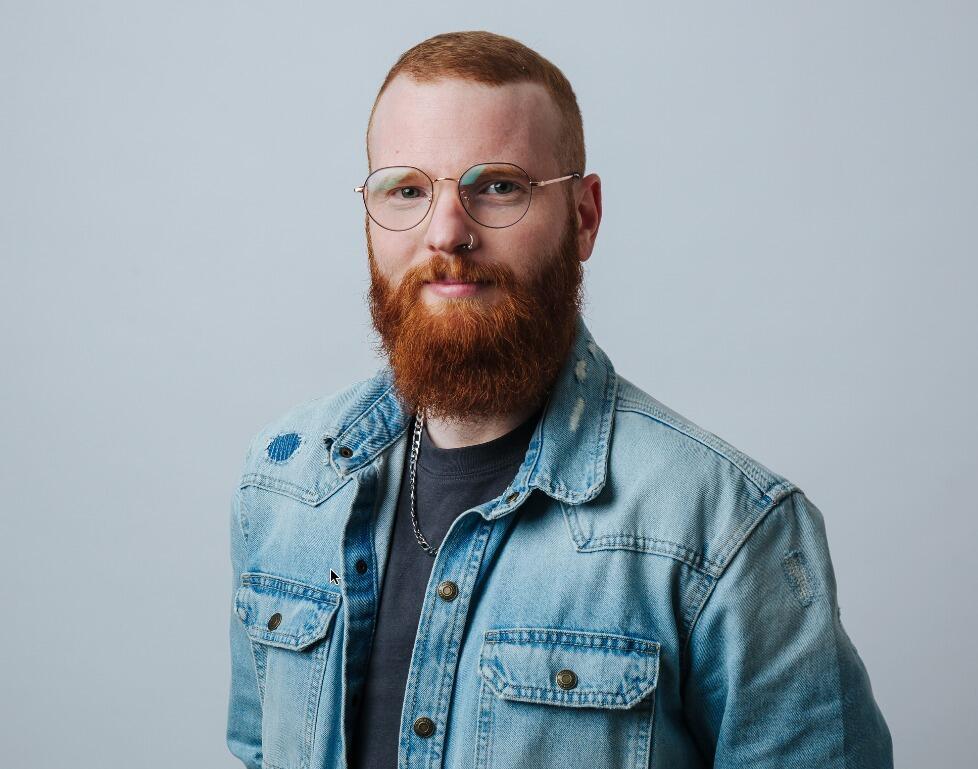
Opinion
How TikTok is teaching the next generation a profession
“While TikTokers do not always write original content, they film, edit, and set up lighting. Those foundations lay the groundwork for the development of creative capabilities and participation in the creative industry in the future,” writes Ran Finkelstein of content agency Peach
In an article published in Calcalist last week, Hezkush Yeshurun, Creative Director at Leo Burnett, claimed that TikTok does not contain the future creative people of the advertising industry. In some ways he is right, but in some ways he is wrong.
In the days when Facebook had 100% exposure to content, I was one of those who wrote many creative posts. As a result of those posts, I received job offers and sometimes even money to write promoted posts. When we think back to those days, we remember being the best and most original creative people in Israel. But similar to the repetitive trendiness of TikTokers today, there were patterns even then. Once an international template was translated, everyone wanted to use it.
What makes today's TikTokers different? Sometimes TikTokers are unaware that they are learning a profession. While they do not always write original content, they film, edit, and set up lighting. Those foundations lay the groundwork for the development of creative capabilities and participation in the creative industry in the future.
This is clear to me from working at a unique creative agency (Peach). Our team consists of eight creative people who deal with content and advertising every day. Each of us has a different set of tools, including Directing, Cinematography, Editing, Screenwriting, Social Media, Design, and Production. Only I have studied Copywriting as a profession and have experience in writing out of the eight of us. How much advantage did that give me over my colleagues? Not much.
Our solutions for our brief come from our different perspectives because we have the skills. It takes a creative person who understands how to see the big picture to arrive at these solutions. We won't sell dreams because we know how to work with budgets, and we know better than anyone which influencer is needed for the campaign, even if the client doesn't know their name.
The creative's job does not end with the solution to the brief.
In today's classic advertising agencies, the creative writes copy, which goes to the Creative Director, which goes to the VP Creative, and then goes out to a production that some Director will direct. Meanwhile the creative team is already working on the next copy.
It is my belief that every creative person should know how to work with a Director, or direct themself; they should know how to bridge the gap between the customer's desire to market their product, and the Director's desire to produce an artistic product. All of these things are already done intuitively by TikTokers.
In regards to originality, let's be honest - everything's been said, everything's been done. Being original in advertising is not necessarily the thing that should be guiding us. Finding an existing solution and reinterpreting it in line with the brief you receive can be much more creative and effective.
In other words, Hezkush Yeshurun is right, most likely TikTokers will not be the creative people for advertising agencies in Israel in the future. These people won't be writing slogans, ads, and brochure copy. But TikTokers are currently gaining practical experience in Directing, Photography, Editing, and Production. One of them will be educated to continue to the next stage, and perhaps one day they will direct a commercial that the creative people of tomorrow will write.
Ran Finkelstein is a Director and Video Content Specialist at the content agency Peach














